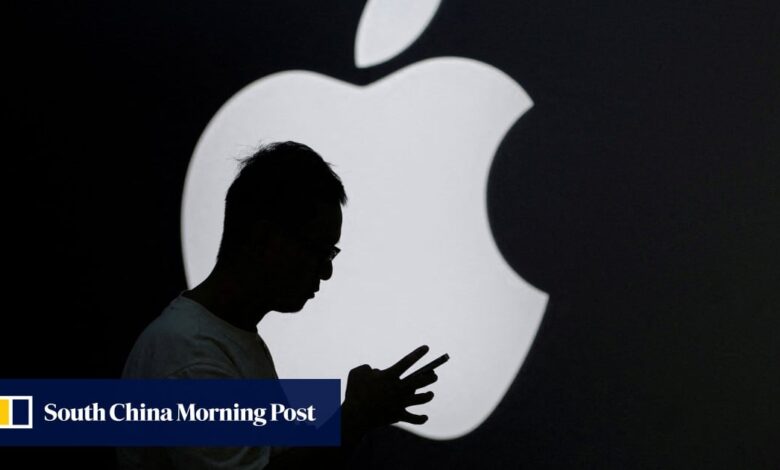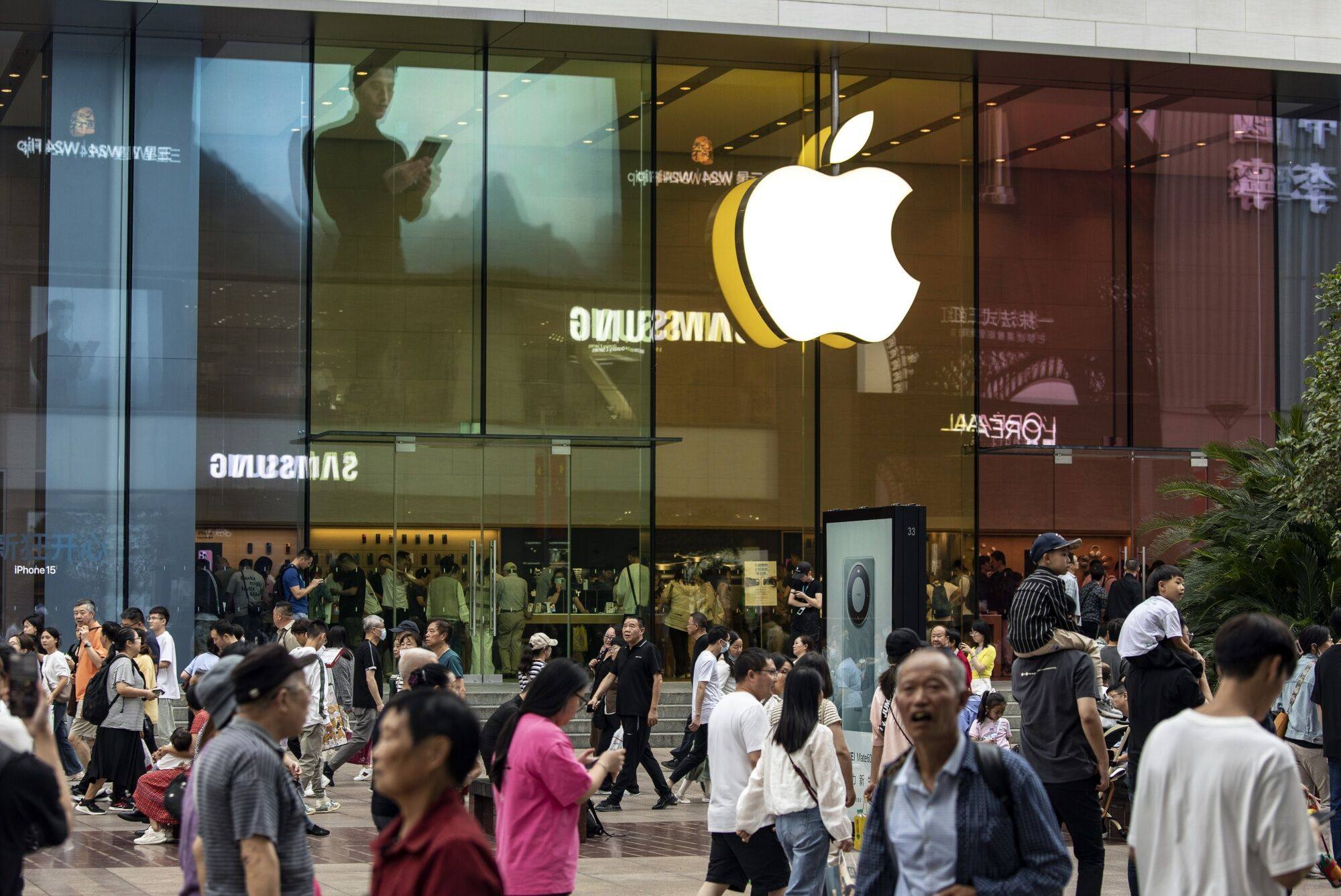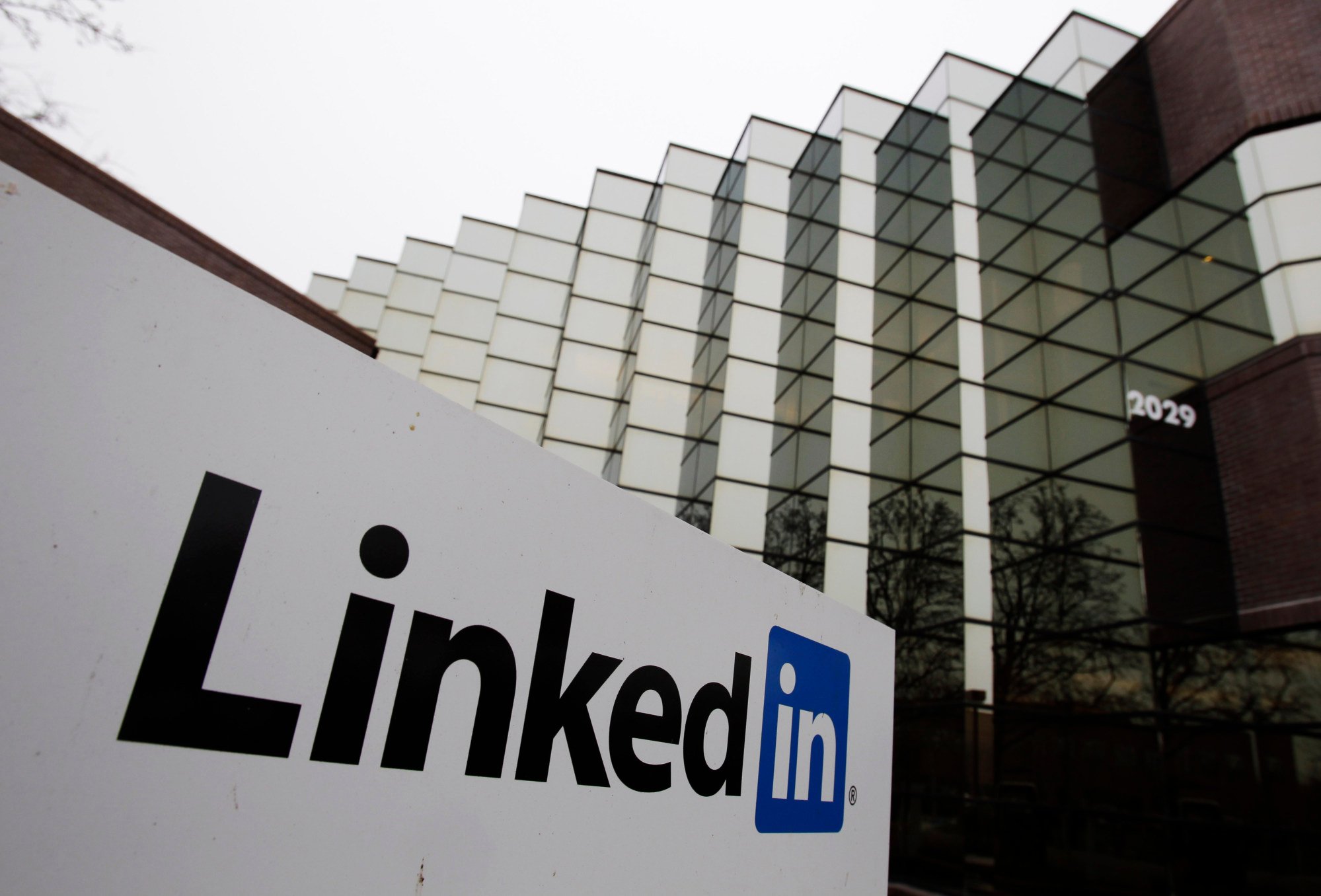Apple’s compliance with China app rules plugs censorship loophole, creates new obstacles for developers

[ad_1]

Meanwhile, many other services – such as WhatsApp, which has been steadily gaining traction in China – can only be accessed through an app.
A key change to Apple’s policy is the need for apps to receive an Internet Information Provider (ICP) licence from Chinese regulators, which effectively requires all apps to use a mainland domain and be hosted by a local entity, according to Chinese app developers familiar with the process.
“It’s already having a big impact on the space,” said Samuel Jesse, founder and digital director of Digital Creative Asia, a Shanghai-based digital product and user experience agency.
The rule affects not just censored foreign apps, but also apps that target Chinese users, but do not have local operations, said Jesse, adding that small, independent developers are likely to face the most difficulties.
He said that Digital Creative Asia has been advising foreign clients who wish to remain on Apple’s app store on how they can host their apps in China, or create a Chinese-focused version of their app that is separate from the global version.
The second option has not always worked out.

Other app developers have been seeking to partner with local publishers that offer app hosting services in China for a fee.
Additional and more restrictive licensing also exists in China for apps containing materials related to games, books, magazines, religion and news.
The South China Morning Post, owned by Hangzhou-based tech conglomerate Alibaba Group Holding, has an app currently available on the Chinese iOS store, but its content is blocked by the country’s firewall.
But in August last year, the Cyberspace Administration of China (CAC) updated its app provider policy, asking app distribution platforms to submit certain information to the authority for registration, and stipulating that app stores should actively police their products and refuse to upload apps that “contain illegal or bad information”.
Soon after, Apple began mandating ICP licences from app developers.
Another side effect of the CAC’s requirements is that they could shrink the number of apps available in China – seen by some as an indicator of the health of a country’s digital economy.
China’s Apple App Store currently has the largest amount of app offerings out of all platforms in the country, with about 21 per cent of its 5,000 most downloaded apps published by foreign developers, according to data from Sensor Tower.
That data does not account for people who downloaded apps through iOS stores set to other regions, or from third-party platforms.
Kareem Abdelkader, an Egyptian working in Shanghai, said he was able to continue to access and update banned apps such as Instagram from China by keeping his Apple ID regional settings in Egypt.
In general, users who want to change their App Store regional settings are required to provide a payment method accepted by the region they are switching to, which can complicate the process.
However, Tanya, a 28-year-old social media manager in Shanghai who only gave the Post her first name, said she was able to purchase a US Apple ID online, and used it to download a VPN and access Instagram, YouTube and WhatsApp. Having to constantly switch between accounts was annoying though, she added.
“There will definitely remain loopholes that citizens [in China], especially the more tech savvy of them, will find to use these apps,” Abraham Yousef, senior insights analyst at Sensor Tower, said.
“Still, I do expect a drop-off in this usage, with the tightened policy presenting a more significant barrier to entry, with users less likely to find the apps in the first place,” he added.
– Additional reporting by Yuke Xie and Meredith Chen
[ad_2]
Source link






